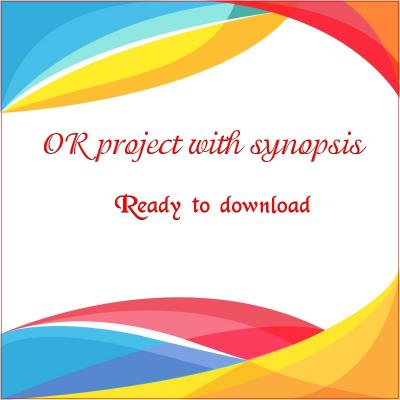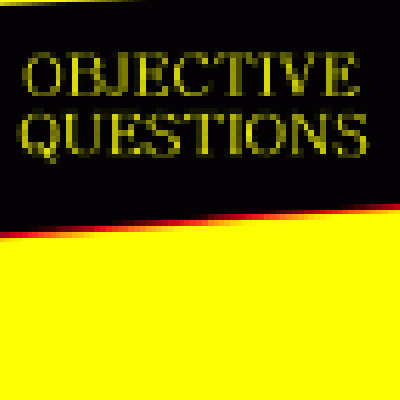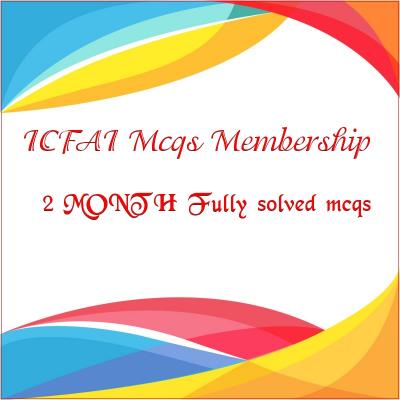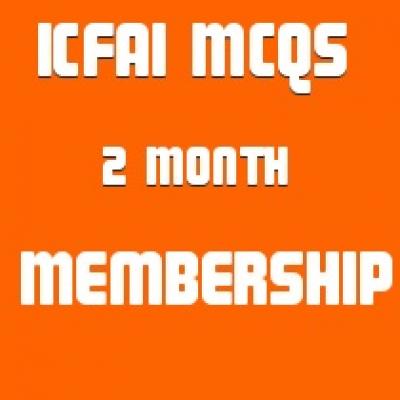A TOXIC HOT SPOT
Price:
Rs500
A TOXIC HOT SPOT CAST STUDY solution
Read the following case and answer the questions given at the end.
A TOXIC HOT SPOT A profit making titanium dioxide plant Travancore Titanium Products (TTP) in Kerala, which has been dumping concentrated sulphuric acid and the other pollutants into the Arabian Sea for decades, continues to defy closure orders and coerce the authorities to grant in more time to comply with environmental laws. The agency wielding the stick now is the Supreme Court Monitoring Committee (SCMC) on hazardous wastes. SCMC made its first visit to Kerala in August 2004. The State Pollution Control Board (PCB), within months of the SCMCs visit identified 108 of the 198 errant industries in the state who started complying fully with the pollution control norms and most of the others were in the process of doing so (Frontline magazine, October 2004). 17 units preferred to close down; eight ignored the directions of SCMC and PCB. Government owned TTP in Thiruvananthapuram being the most recalcitrant of them all. Closure notices have been issued on these eight but TTP gained time until April 2006 by CM Oomen Chandy to plead with SCMCTTP is a 50 year old, one of the few profit making PSUs in Kerala uses the conventional sulphate route technology to cover titanium oxide from ilmenite ore, which is abundant on the SouthKerala-Tamil Nadu Coast. ilmenite and Rutile are the main sources of titanium in the world, although the metal occurs in numerous other minerals also. TTP is the largest producer of anatase grade titanium dioxide in India, claiming a market share of nearly 70%. Another public sector nearby Kollam district i.e, Kerala Minerals and Metals Ltd. (KMML) produces (synthetic) rutile grade titanium dioxide. They have a larger market share for this. Titanium dioxide is produced in two grades, anatase and rutile. 95% of the titanium consumed in the world is in the form of titanium dioxide (a white pigment) used in the manufacture of paints, plastics, paper, ink, rubber and other products. TTP dumps hazardous waste into the Arabian Sea inspite of court orders, and the state government is helping it secure immunity from environmental laws. TTP is continuously discharging year by year even after the Water and Air Acts came into force in mid 1970s. According to PCB, the company discharged 2,073,577,400 kg of hazardous liquid effluent into the sea during 2003-04. In this, free sulphuric acid was present at a concentration of 5,47,246 mg/kg of dry matter, well above the 50,000 mg/kg limit prescribed in the Hazardous Waste Rules. The company has no material recovery or waste water (effluent) treatment facilities and it dumps huge quantities of toxic and polluting matter on the coast in violation of the Water Act and the 1995 MS-495 3 order of the Water Appellate Authority which says that treated effluents should be discharged to sea through a 750 meter submarine pipeline. TTP successfully managed till now by claiming that the sea, an alkaline medium was traditionally used to discharge the acidic effluent from Titanium dioxide plants and the waste was thus neutralised within minutes of entering the sea and did no harm. The PCB norms, state that the pH value (which indicates the Acidity or Alkalinity level) of the waste water should be in the range of 5.5 to 9.0. The pH of the effluent from the TTP is always around 1, indicating very high acidity. Fish and other marine species have deserted the area and the fisher folk have lived on this coast for decades enduring the acidic discharge and pungent smell and the deep yellow brown crust of sea. Their frequent agitations in front of the factory are unheard. They are asked to withdraw agitations on the basis of promise of jobs. At present, TTP generates around 120 tonnes of concentrated sulphuric acid every day along with lesser quantities of ferrous sulphate as waste products. Strange thing is , TTP under the pretext of complying with the SCMCs directions, it is proposing to undertake the pollution control through the costliest acid recovery route (a proposition it had rejected repeatedly as economically unviable), along with substantive expansion and diversification programmes. State Government approved a 256.1 crore project proposed by the company, promisly meant to tackle pollution related problems and to address the company's expansion and diversification needs. Both capacity expansion and product mix will undergo changes, with the company taking up the production of the rutile grade titanium dioxide which commands a higher price in the market. The TTP has been hauled to court on several occasions but on each occasion, it has enacted the ritual of pleading guilty and informing the court, that it had only no-win options before it. Mecon (A Government of India company) is now entrusted with the review and selection of technology, detailed engineering, project management and implementation of 256.1 crore project. The case of the TTP is now at the centre of the antihazardous wastes campaign the SCMC launched in Kerala with a lot of enthusiasm.
Questions :
(a) Discuss your views on the TTPs activities which are going on from a long time and presently ignoring court orders and PCB, from business ethics point of view.
(b) Consider yourself as the chief of Supreme Court Monitoring Committee and what action would you propose on TTP for their neglect of environmental laws. Justify your views.
(c) What role PCB plays in controlling errant industries ? Discuss in brief with reference to this case.
(d) How organisations like TTP can be made to follow environmental laws and understand its Corporate Social responsibility towards society at large ? Suggest few possible measures that TTP can follow.
1. Case study solved answers
2. pdf/word in 24-48 hrs
3. Fully Solved with answers





